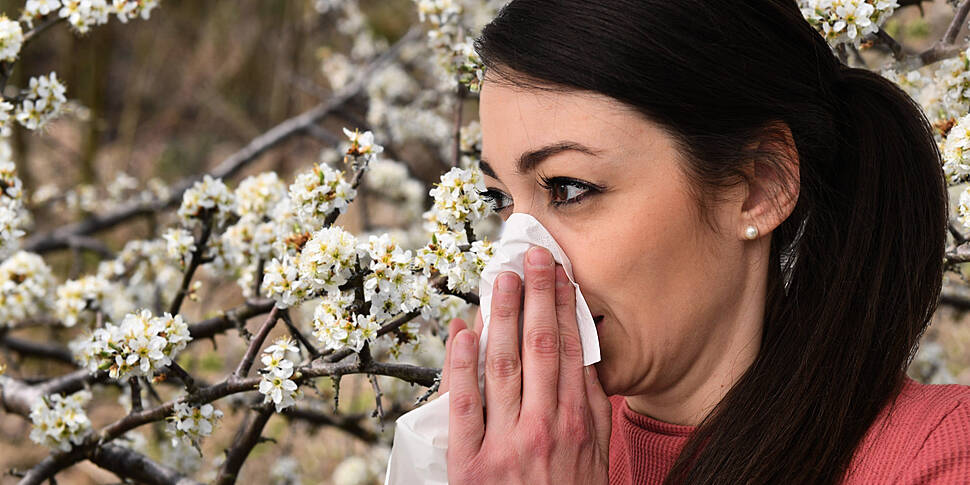Most of us will be glad to see spring and summer. But for some, as the weather improves, so does the risk of hay fever.
Hay fever affects one in five people in Ireland. It is a subtype of allergic rhinitis, where the body becomes allergic to pollen, a dust produced by plants, trees and grasses.
It's usually worse between late March and September, especially when it's warm, humid and windy. This is when the pollen count is at its highest.
Common symptoms include a runny, blocked or itchy nose, sneezing, watery red eyes and scratchiness of the throat.
Dr Brian Higgins, GP at Galway Primary Care, joined us for The Last Word on Health to discuss how hay fever can be treated.















